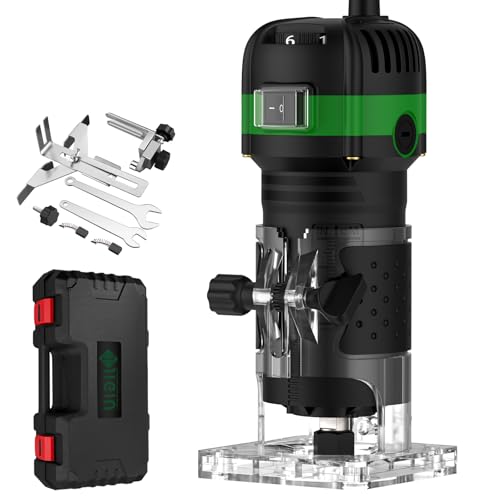Phil Pascoe
Established Member
We're just moving house, and we're trying to minimise future bills. I have one dark room (in the middle of the house, with no natural light) where the lights will be on just about 18hrs a day, so I've changed the gu 10s (4 x 50w) for leds. These cost about £29 for 2x 3w plus 2x 5w. That's 16w instead of 200w. Yes, you read it correctly. I've just worked out that there's top side of 3.3kwhs per day difference - which, pricing electricity at 10p per unit, comes out at about £120p.a. DIFFERENCE!! That's just one light fitting, and the lamps have a life expectancy (which will be exceeded) of 35,000hrs., which way exceeds anything else... Now for the rest of the house. :lol:


































